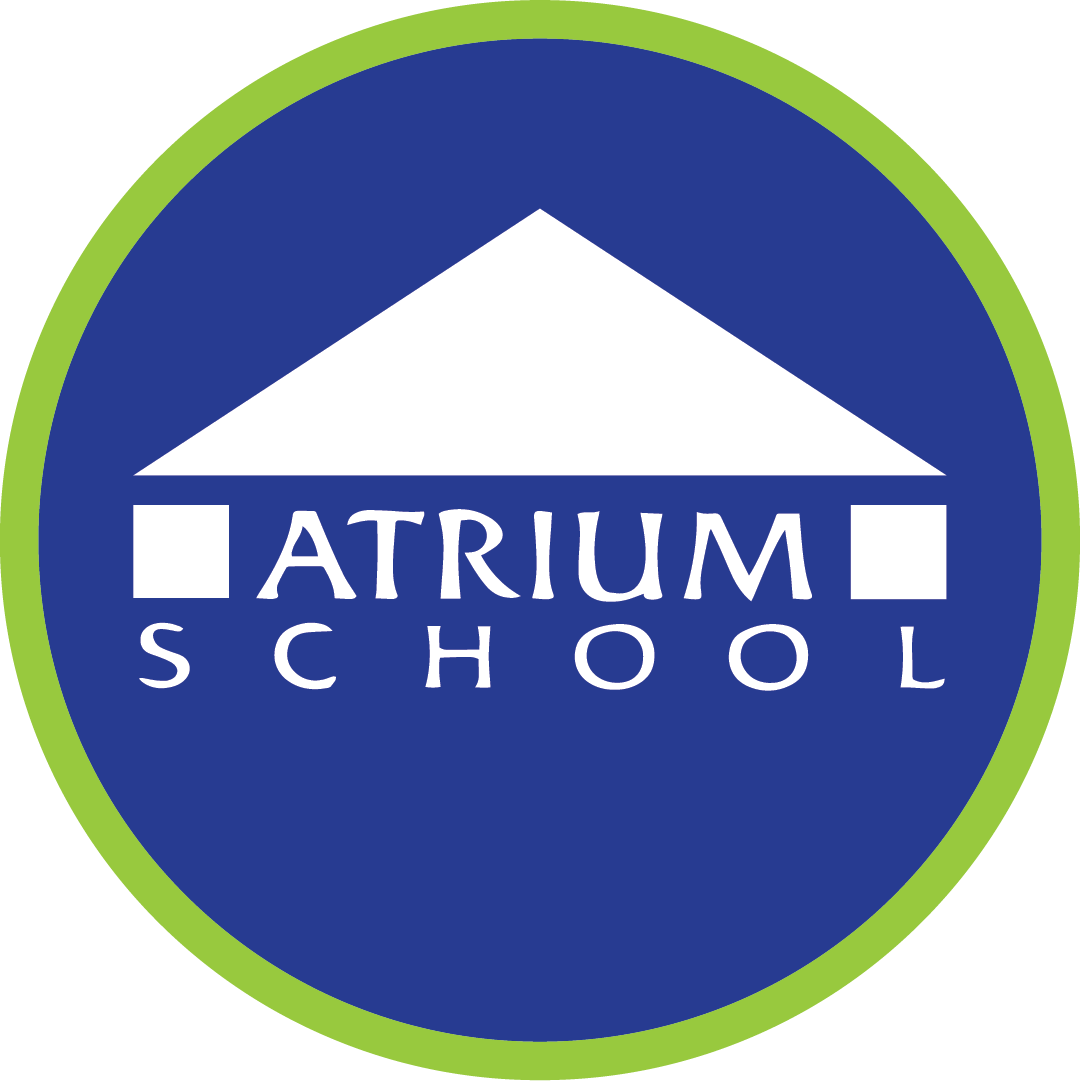What Teachers Did Over Summer Vacation
At Atrium, learning is a continual process—both the simple act of learning and learning how to teach. Summer is no exception, and Atrium educators spend much of the summer doing professional development and learning how to enhance their teaching. This summer, Middle School teachers Laura Page (science), Paul Capobianco (social studies) and Julia Schroeder (ELA) each participated in Developmental Designs' Education for Equity program, a program focused on social-emotional learning and social justice. After completing the workshop, the teachers worked together with art, music and PE specialists to help integrate social-emotional learning more fully across all the subject areas.
Laura explained, “The Education for Equity approach incorporates research-based routines and practices that support the academic, social, and emotional growth of adolescents in every part of our school day. Attending this workshop will revitalize and 'fine tune' my own teaching and help us to create a school wide culture that fosters student independence, confidence, and collaboration.” Paul added, “It provided us with many supports to our current advisory program, as well as effective communication methods that can be used throughout middle school and will promote community.”
In addition to social-emotional learning, teachers focused on math development this summer. Middle School math teacher Liz Caffrey was selected as one of only 40 teachers to participate in the Desmos Fellowship in San Francisco, right before she attended Twitter Math Camp in Cleveland, and has just been invited to speak at the 2019 NCTM national conference in San Diego.
Liz Caffrey (bottom right, in blue) at Twitter Math Camp this summer.
Kindergarten teacher Jaleesa Anselm attended Becoming the Math Teacher You Wish You'd Had: Making Math Class More Like Mathematics at Carroll School. What do mathematicians do? Mathematicians take risks and make mistakes well. Mathematicians are precise, ask questions, and rise to a challenge. Mathematicians use intuition, reason, and proof both in collaboration and alone. Mathematicians make vital connections. “I learned how to encourage productive struggle in both children who struggle with math and those who love it,” Jaleesa said. “I also learned how important it is to let children take charge of their learning and be able to create their own extensions to the curriculum. It will certainly affect my teaching now that I have all of these resources to help children expand their knowledge beyond just what they learn in the workbook.”
Nearly every teacher at Atrium participated in professional development over the summer, from Kingswood Oxford School's Leadership Institute for Educators of Color to Reading and Writing Institutes at Columbia University Teachers College. Stay tuned for more information about teachers’ experiences this summer.

